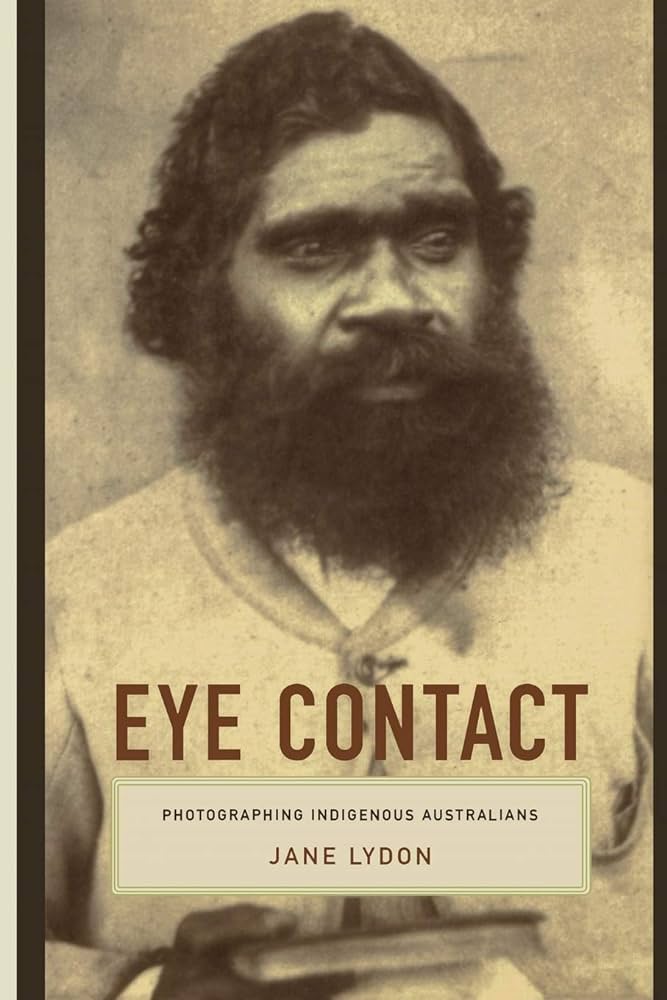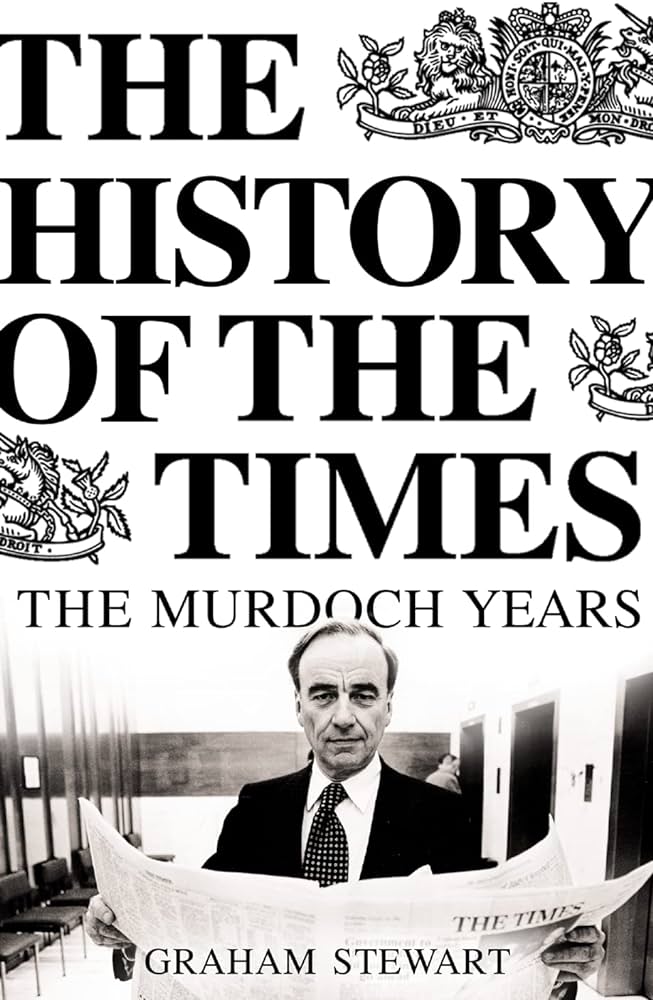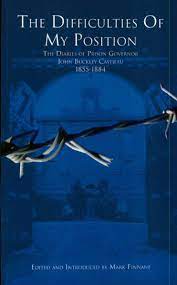Non Fiction
To Exercise Our Talents: The democratization of writing in Britain by Christopher Hilliard
Once the prerogative of connoisseurs and bibliographers, the study of the book has become an increasingly popular field of cultural history. Earlier scholarship was concerned with rare and variant editions of canonical texts; recent work is more inclusive, comprehending a wide range of popular and ephemeral literature that extended the reach of print. Attention has turned from production to consumption, tracing the spread of literacy and analysing the changing interests of readers. Hence Martyn Lyons and Lucy Taksa’s Australian Readers Remember (1992) sits alongside a number of similar studies for other countries.
... (read more)On Holidays by Richard White & The Cities Book by Lonely Planet
Despite the rhetoric of globalisation, it is impossible to buy an airline ticket online in the United States with a credit card issued abroad. When I needed a ticket from Boston to Washington last year, and after numerous unsuccessful arguments with airline websites and 1800 numbers, I dropped into the local Harvard travel agency. There was a welcome familiarity in discovering that it was a branch of STA, one of more than 400 branches operated around the world by the Australian-based company.
... (read more)Great Writers Great Loves: The reinvention of love in the twentieth century by Ann-Marie Priest
If this is love, then we are all in trouble. Addiction, infidelity, cruelty, violence, obsession, depression, repression, jealousy, impotence, the neglect of children and a whole lot of hysterical personal correspondence are features of the love affairs conducted by the eight writers who are the subject of this disconcerting book.
... (read more)Early last year, Phillip Adams interviewed the British author Pat Barker on his radio programme, Late Night Live. Pat Barker is a novelist who has journeyed into history, most famously in her Regeneration trilogy about World War I, where she fictionalises real, historical individuals. Adams asked her: ‘Which is better at getting at the truth? Fiction or history?’ Her answer was: ‘Oh, fiction every time.’ Barker is a novelist for whom violence and the fear of violence has been a recurrent, powerful theme. She argued that fiction allowed her to ‘slow down’ the horror so that she and her readers could think about it as it happened. In real life she felt that violence was often so swift and shocking that all one could do was recoil. Fiction gave her freedoms that helped her to convey truth.
... (read more)The nomenclature of indigenous policy is apt to mislead, casting indigenous people as the passive objects of progressively more enlightened régimes: protection, assimilation, self-determination. This view is resonant in the history propagated by Keith Windschuttle, among others. Contesting Assimilation sets out to debunk this historically inaccurate idea and the implicit condescension in the view that denies any role for indigenous people in shaping the policy environment. As the essays in this volume attest, the development of indigenous policy can only be understood as a product of the interaction of indigenous and non-indigenous reformers, engaged in a struggle of ideas as to how best to resolve the social issues occasioned by colonisation.
... (read more)Eye Contact: Photographing Indigenous Australians by Jane Lydon
There is a recuperative basis to Jane Lydon’s project that the measured tones of academic writing cannot disguise and that gives this book its energy. Lydon’s subject is the Coranderrk Aboriginal Station near Healesville, which was established in the 1860s in what Lydon describes as ‘consensual circumstances’. In the first decade of operation, the Aboriginal residents at Coranderrk achieved an un-characteristic and impressive degree of autonomy. Under the sympathetic management of John Green, there was, Lydon argues, ‘space for Aboriginal objectives and traditions to co-exist with newer practices’. As an early, initially successful expression of Aboriginal self-determination, Coranderrk has already attracted much scholarly attention, but Lydon takes a new tack, examining the extensive photographic archive created during the Station’s first forty years (it closed in 1924).
... (read more)The Maestro’s Table: Food, talk and convivio by Judith Armstrong
So here we are. A house in Dosson, a village ‘almost joined to’ Treviso, which in turn is not far at all from Venice. A casa aperta, an open house, one to which friends and colleagues of the owner, a well-regarded musician, are drawn, not only by their confidence that a simple permesso will ensure welcome but because the owner ‘believes implicitly in the civilising effects of hospitality’. The maestro wants his friend to write a book. It will be about ‘music and art and culture and my friends and food and where I live’. He loves to cook and obliges the appointed scribe with a list of kitchen accoutrements, which will cover all occasions. It is admirably short and begins with ‘3 pots (one big one for 10 people, one medium one for 6, one little one for 2)’. Thoreau’s central explanation of his furniture comes to mind as a rejoinder to a casa affollata: ‘I had three chairs in my house; one for solitude, two for friendship, three for society.’ The book will include recipes, the writer decides, and it does. She tells the reader, ‘Maybe the book will get sorted out, maybe not.’
... (read more)The History of The Times: Volume vii: the Murdoch years by Graham Stewart
In the first volume of his memoirs, In Time of Trouble, Claude Cockburn described his introduction to The Times of the 1930s, on a visit to its foreign desk. There he found one sub-editor reciting Plato’s Phaedo from memory, while another translated it into Chinese: they had a bet it could not be done without loss of nuance. Another sub-editor, a grammarian of Polynesian previously employed as a professor of Chinese metaphysics at the University of Tokyo, spent the entire evening over a two-line item concerning the Duke of Gloucester’s arrival in Kuala Lumpur. ‘There are,’ he explained to Cockburn, ‘eleven correct ways of spelling Kuala Lumpur, and it is difficult to decide which should receive the, as it were, imprimatur of The Times.’
... (read more)Helga Griffin (née Girschik), conscious that memories differ and that her own is not infallible, is careful to respect the other people implicated in her story. Aware of her responsibility to them, she is nonetheless committed to breaking what she calls the Schweigen, the long silence. Sing Me That Lovely Song Again is highly apposite in its account of the damaging experience of internment. During the years of World War II, the Girschik family were incarcerated as enemy aliens in a camp at Tatura, in northern Victoria. They were displaced persons. The adults were fated to spend what should have been highly productive years trapped in a frustrating stasis that was to have long-term effects. For the children, this experience must have been formative. How were they to understand their confinement and the distress of the adults? This resonates strongly when we consider the ‘illegal aliens’ or refugees, many of them children, recently locked up in detention centres in this country. Although Griffin does not make this parallel explicit, it is implicit in the way her narrative situates her family’s experience within a larger historical context.
... (read more)The Difficulties of My Position: The diaries of prison governor John Buckley Castieau 1855–1884 by Mark Finnane
Both a scholarly resource and a good read, Castieau’s diaries, effectively edited, enliven and enrich our sense of colonial Melbourne. Castieau’s modest standing adds to the diaries’ significance as they record the dailiness of life, combining the public and the private: work, life around town and ‘the domestic minutiae of everyday life captured in his relentless record’. What makes Castieau exceptional are the span and detail of the diaries: ‘His workaday life does not obscure the more important issues of colonial life – getting on, enjoying oneself, establishing a reputation, being part of the world.’
... (read more)







